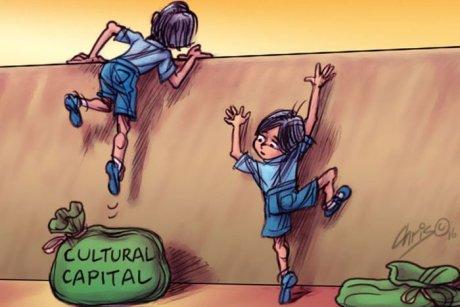What is cultural capital in primary school?
Cultural capital in primary schools is what pupils acquire alongside traditional academic knowledge. The concept relates back to the social theory of French philosopher Pierre Bourdieu.
The theory states that social success of a person depends on his or her accumulated life experiences (cultural capital). In primary schools this translates into the importance of bringing extra curricular activities such as outdoor learning, travel, music and the arts. Many of these experiences are offered by workshop providers.
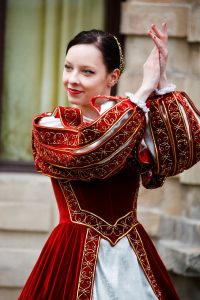
Brief introduction into cultural capital
The phrase cultural capital in primary school is still entering schools’ educators vocabulary. However, cultural capital is not a new kind on the social science block. It originates from thinking of great German philosopher Karl Marx who wrote about the somewhat socially destructive power of economic capital.
20th-century French sociologist Pierre Bourdieu develop the idea of capital further. Bourdieu noted that class differences also determined by variation in cultural and social capitals. As well as a range of acquired competencies, skills, qualifications, cultural capital also includes valuable experiences and intangible worldly knowledge.
In its turn, the accumulated cultural helps to secure valuable social capital – a key component in successful functioning in modern society. Possession of cultural capital allows children to be socially mobile, build networks, gain status and recognition.
In other words, it is not only a lack of money but also the lack of exposure to broader knowledge and experiences leads to perpetuated social groups inequalities.
Recognising the problem Department for Education embedded the concept of cultural capital as a measure of the schools’ contribution to further efforts of inequalities eradication. In 2013 former minister for education Michael Gove stated that “the accumulation of cultural capital – the acquisition of knowledge – is the key to social mobility”.
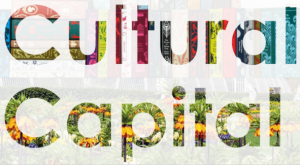
What does cultural capital in primary schools mean?
In primary provision, cultural capital means actively exposing children to a variety of cultural experiences. The experiences that will help children in building background knowledge which will enable them to become socially mobile.
How do you introduce cultural capital in your school?
Schools ideally placed to provide and facilitate learners’ exposure to valuable long-life experiences. Moreover, building learners cultural capital, does not have to be time-taxing for the teachers.
We’ve put together some ideas as to what can be done with – and without too much additional work.
Cross – community activities
Many opportunities lay with schools’ own business and social communities. Ready to help, there are armies of state and private record funded organisations. Universities have outreach and public engagement programmes. Many departments of natural and social sciences offer insightful and engaging educational material at no cost.
Other, often overlooked, are the British Chambers of Commerce. They have access and knowledge of local businesses who in their turn, have a wealth of insights into local industries and opportunities for eye-opening engagement for what the professional future can hold.
Likewise, local arts, history, drama and many other interest communities groups and charities have a lot to offer. Volunteers in charge of these organisation often have unique insights into the most exciting topics. What more, these volunteers have time to engage and desire to share their knowledge.
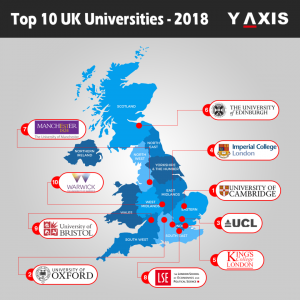
Extra-curriculum activities
Before and after-school clubs on the school premises as well as lunch-time extra-curriculum activities is another way of opening horizons of the youngsters. Schools can come to financially beneficial agreements with local sport, arts and drama and other kinds of providers, e.g. use of school premises in exchange to free sessions for the learners. This is a win-win situation without budget-busting costs or time-consuming payment collection.
Curriculum enrichment activities
History science, maths, space, drama and list goes on! Have a look at the bookshoolsworkshops website to see just how many curriculum enrichment activities available to all ages and all abilities. External workshops offer real value for money cultural capital building activities for primary schools. For example, a visit from mobile planetarium for a day can simultaneously help Y2 and Y5 year groups to ignite space leaning topic. The planetarium presenters also can open pupils horizons on the type of future jobs and opportunities available in the growing space industry. Have a wow factor without leaving school premises – not travel costs, no paperwork – simply contact the provider via bookschoolworkshops site.
School trip ideas
School trip ideas help valuable cultural capital building. The UK is one of the world’s most wondrous places when it comes to accessibility of travel destinations. Every county has a range of outdoor pursuit as well as historical and cultural school trips providers. These companies will provide you will all necessary paperwork, costings and activities.
Another option is to work with Youth Hostel Associations (YHA). The association has its presents in every part of the UK. YHA has a range of high-quality budget accommodations. It also works with local activities providers and has access to local knowledge.
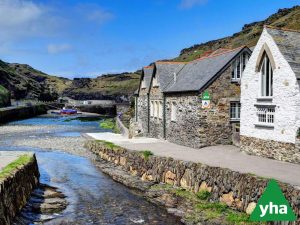
In summary, schools must enable their pupils to acquire cultural capital – a key to social success. The school have a wide range of options available when it comes to providing the cultural capital building in primary schools. From extra-curricula providers to workshops and travel destinations, there is no reason to fail Ofsted inspection on the lack of cultural capital building provision.

